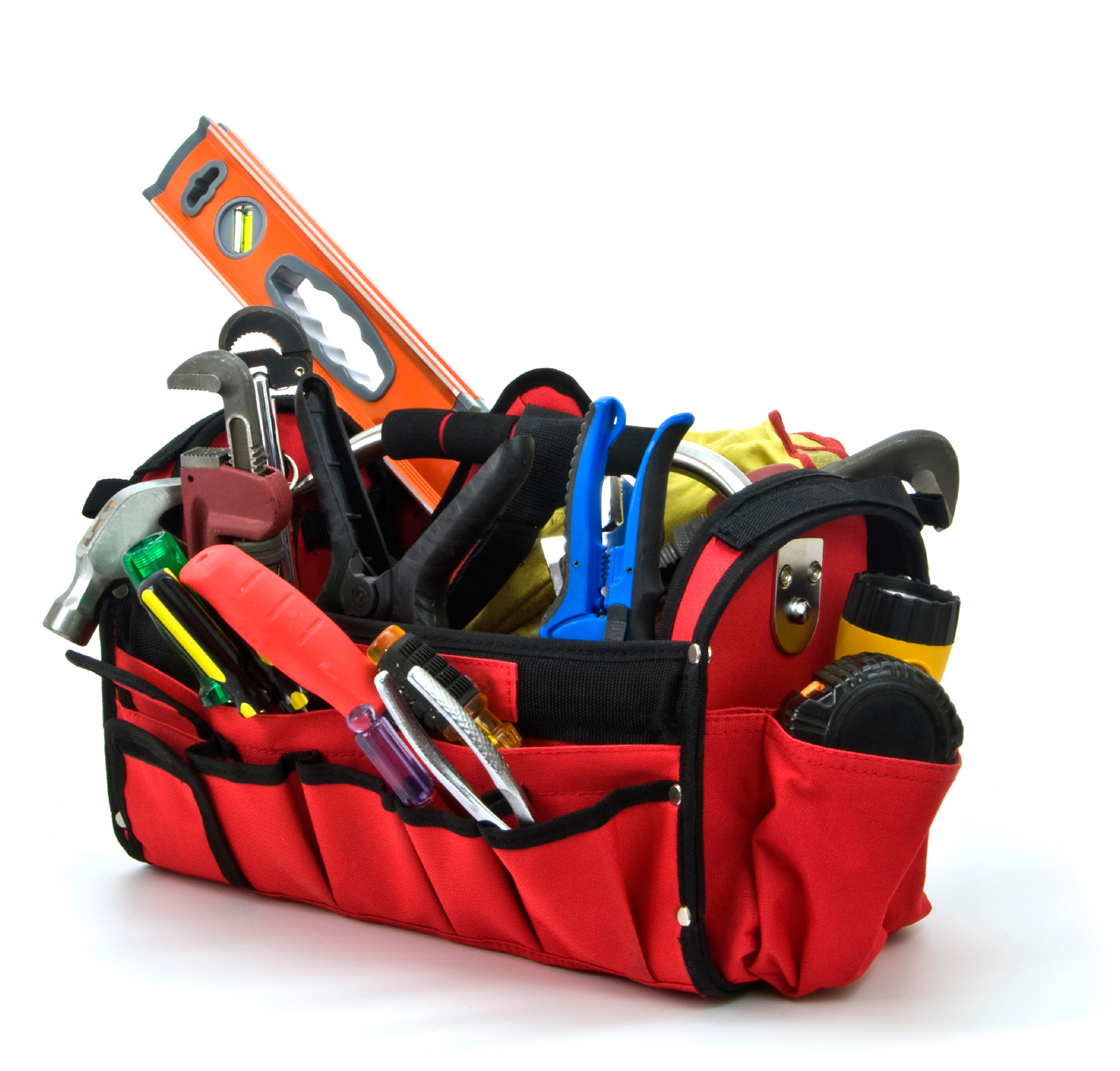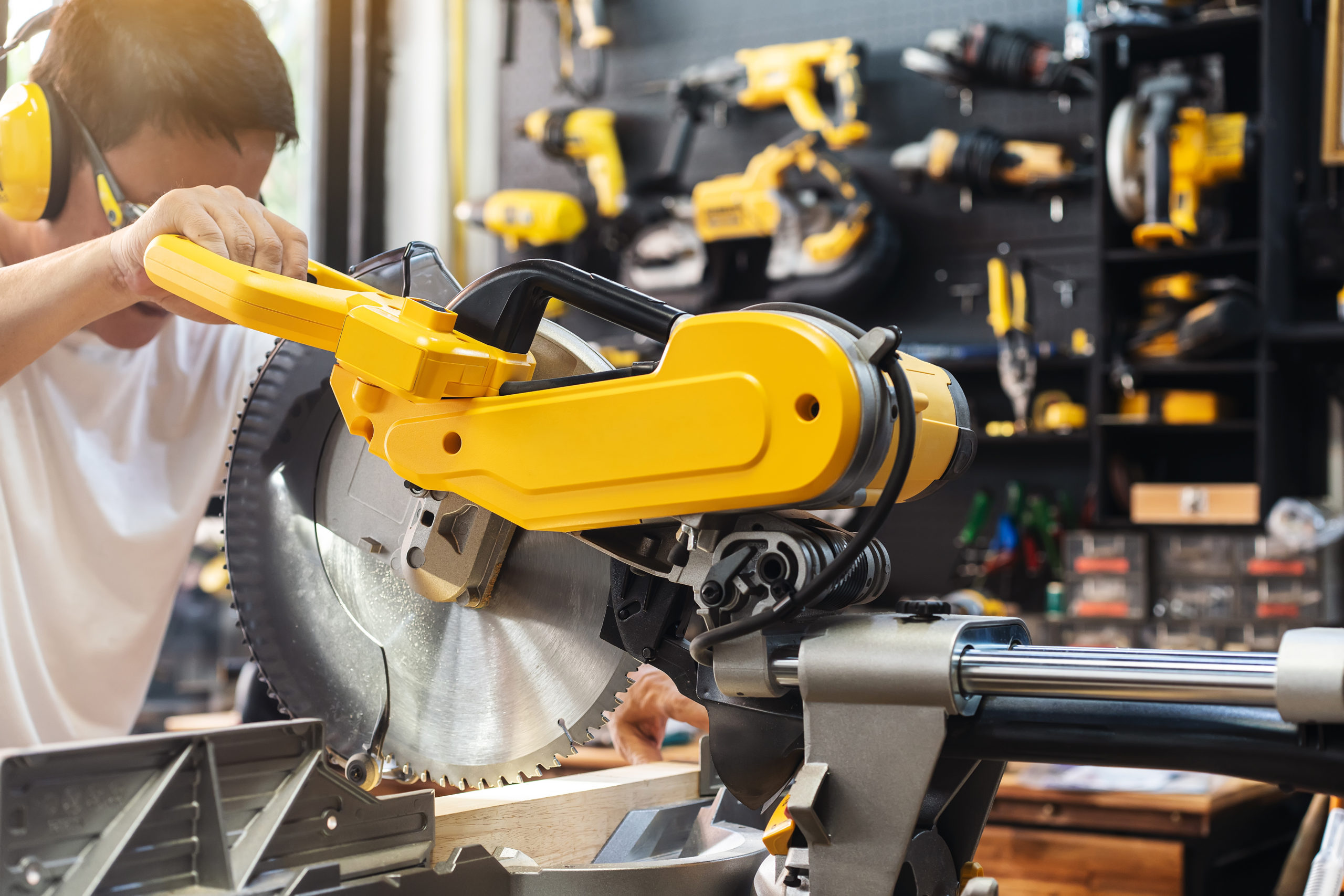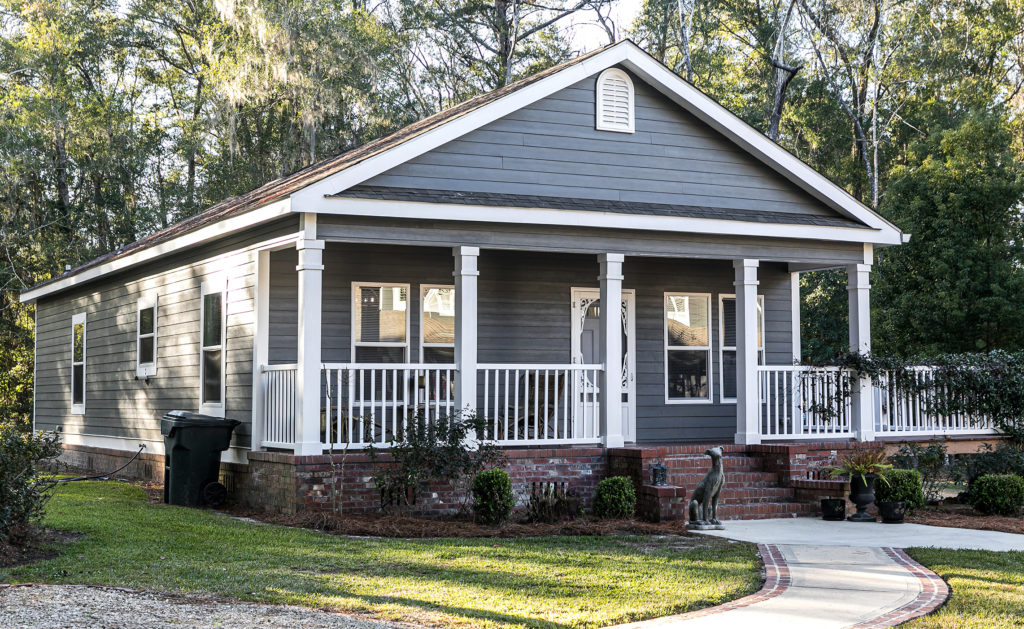800-247-1812 | info@mhwconline.com
New Home Warranties
for Manufactured Homes
for Manufactured Homes

Pre-pandemic, it was not unheard of for items to occasionally go missing from a job site. Whether through an honest mistake such as a worker pocketing a tool he or she believed to be theirs, or a genuine theft of materials, losses nonetheless would ultimately be a costly detriment to builders and developers. In post-pandemic culture, the landscape has become a bit drier due to product shortages and supply chain delays. Builders have recently seen large loads of valuable materials and appliances being stolen from job sites.
There are a few specific items that tend to “walk off” a construction site more often and end up on resale platforms such as Facebook Marketplace, Craigslist, and MaterialsXchange.
COMMONLY STOLEN ITEMS FROM A JOBSITE:

In addition to the inherent inconvenience of missing materials, theft causes additional situations to arise in a domino effect. One of the most damaging resulting consequences on a job site is schedule delays. Most items on a job site are necessary, and when they go missing, they need to be replaced. If you are lucky, they are easily and quickly obtainable; however, in some cases, they are items that need to be special ordered.
The same can be said for heavy machinery and appliances. When they go missing, it can take days, weeks, or even months to replace them. If the job can’t continue, the entire project timeline is knocked off course. If the project can’t reach milestones because the equipment is missing, the contractor is in danger of not receiving scheduled payments. This means they may not be able to pay subcontractors for their work; and the next thing you know, a payment dispute has broken out. Not to mention the potential tarnishing of the contractor’s reputation with clients and peers.
Stopping thieves entirely may not be possible, but there are ways to mitigate the issue. Unfortunately, most theft happens internally, and subcontractors working on several sites are aware of potential targets. Prequalify subcontractors prior to retaining their services to be sure they’re reputable. Contractors that steal are often repeating offenders, so there’s a good chance another contractor might know them and be more than willing to warn others in the business. Also, be sure to secure the job site. This can be done by installing a tall fence, floodlighting, or hiring night security to watch the site when the workers have finished for the day.
Consider protecting tools and equipment with GPS trackers and geofencing. (If this technology term is new to you, geofencing is a location-based technology in which virtual boundaries can be assigned to a geographical area in the real world. These virtual perimeters can be displayed on an indoor map and can trigger actions or alerts on entry or exit of a tagged item within the specified area.)

It is also beneficial to establish a security protocol for the job site which clearly outlines what isn’t acceptable on a project and what is. It’s helpful to mark items with notes such as “not allowed to remove scrap for personal use.” Make sure to distribute information so that all the subcontractors are aware of expectations to prevent confusion or misunderstandings.
Another obvious but effective solution is to install a security camera. They are a great way to deter a thief from stealing from a job site and can also offer police valuable information should a theft occur, regardless of any precautions that have been taken. And, since most thefts occur from within, there’s a good chance the thief will be recognizable to those running the job site.
If it is not possible to position the cameras to get a view of the entire site, it’s best to aim them toward lumber and materials piles, heavy equipment, and entrances to the site as well as the project that is under construction.
In light of the unfortunate reality that not all job site theft is avoidable, it is highly recommended that the contractor carries a good builder’s risk policy, such as those offered by RWC Insurance Advantage.
Information on the programs offered can be found on our website: https://rwcinsuranceadvantage.com/.

Prior to work on a job site, crew members are carefully trained and certified in safety measures. However, no matter how many precautions are taken, it’s a fact that accidents do happen. And one of the most frequent power tools involved is often the saw. It’s certainly worth a few moments to brush up on some simple rules of thumb for best practices when operating saws of any kind, offered in this article (reprinted) from NAHB.
Saws are among the most common power tools used on a home building site. When used properly and maintained in good working order, saws are quick and efficient tools to complete the job. But serious injuries can result if the proper safety precautions are not followed. According to the National Institutes of Health, there are more than 30,000 table saw injuries annually. The most frequently injured body parts are lacerations to the fingers and hands. Medical costs for treatment of table saw injuries are estimated at $2 billion or more. Although table saws cause the most injuries, care must also be taken when using circular, miter, reciprocating and any other kind of saw, including hand and, of course, chainsaws. When using saws, remember the following tips to ensure safety.

While you may be aware that prefabricated homes have been around for quite some time, have you really given them the consideration they deserve? There are many factors that make this niche of the housing market an incredibly intelligent and environmentally sound option.
If you’re looking for a build that involves a quicker, less stressful timeframe, can potentially cost less, and have a positive impact on the environment then read up on the benefits of flat pack and modular living!
Furthermore, did you know that MHWC/RWC offers warranties on Modular homes? One of the changes seen over the last several years is the awareness of and increased need for written warranties on homes of all types, including Building Systems. So, we delivered.
MHWC/RWC takes a two-pronged approach to warranties for Building Systems.
Manufacturer’s Warranty: Manufacturers may join RWC and offer a 10 year written and insured structural warranty on the homes they deliver to you, the Builder.
Builder’s Warranty: As the Builder on-site, you may also provide a 10 year written and insured warranty on the work you do to the home, including foundations.
Interested? Get a quote today!

Operating a business presents daily challenges and requires hard work. America’s home builders know this, as you struggle with supply shortages, price increases and rising mortgage rates. Despite these problems, it is important to remember the reason you went into business in the first place—to make a profit—and to focus on how to remain profitable. We believe we can help you simplify your effort to stay in the black.
The modern world is complex. Every day we are deluged with useful and not so useful information. One way to navigate the clutter of the internet age is to organize our thoughts by making a list. A list seems unremarkable, but lists have many positive effects like reducing anxiety, increasing productivity, creating accountability, improving organization, and strengthening memory.
You probably have discovered the power of the list long ago and may already have a collection of lists on your desk. One way to make a more important list stand out is through alliteration—using the same sound to start multiple words in a sentence—a device used in children’s rhymes and tongue twisters. (Note how most people can tell you the green vegetable that Peter Piper picks and what the little girl sells by the seashore.)
We have a list that uses alliteration and reminds us how to make our company profitable. Procure profits from planning, people, products, performance, and protection. We believe this simple sentence is a recipe for success in any business.
Planning. Many people have great ideas for how they can make money--the aunt who wants to open a coffee shop, the friend who can improve the product his employer makes, and the cousin who thought of Amazon’s business model years ago but never got around to developing it. The world is full of these kinds of dreamers. But dreams are not plans. Successful business owners take hold of their dreams, plan how they can accomplish them, and work hard to bring their dreams to life. Planning does not end when a business starts, but continues with every new housing development, shift in the market, or change in competition. Wise business owners regularly refresh their plans, checking if their pricing is right, their products are hot, and for other ways to make even more profit. Effective planning leads to better use of resources, realistic timelines, seamless growth, and a path to profitability.
People. One of the most rewarding and at times frustrating aspects of running a business is the human factor—our employees. Good employees help a company be great. Conversely, employee problems distract management from focusing on the bottom line and can cost a company business and profits. Successful companies reward good employees, drop employees who are a drag on the organization, and let their employees know that ownership, management, and workers are on the same side, pulling in the same direction.
Products. Drive around most towns and you’ll see the history of American home building--stately Victorian homes, rowhouses, Cape Cods, bi-levels, McMansions, ranches, and now even tiny houses, to name a few. Each type of home was the hot item in the marketplace—for a while. But then people wanted something different. Profitable builders stayed in tune with the changing tastes of their customers and gave the people what they wanted.

Performance. For better or worse we live in a world that moves quickly. Studies show that consumers are very concerned about the speed at which they get what they have purchased. When building a house, it is important to stay on schedule or to fully explain any delays and then stick to the revised schedule. A new home is usually the most expensive item your customer has ever bought. Expectations will be high, and builders who hope to be profitable should deliver a quality product and complete any call-back work timely and professionally. How you perform with each customer can affect what they tell their friends and family about you, which can lead to increased sales or to disappointment.
Protection. Once a good plan is crafted, competent workers are hired, and the right models of homes are sold and well-constructed, profits should follow. To keep the money it has earned, a well-run building company protects itself from risks that can bleed a company dry. Well drafted sales agreements together with appropriate liability and other insurance are part of that protection. Successful builders who hope to be profitable should also place an express warranty on every home they build, preferably one with a mandatory binding arbitration provision, a team of warranty professionals who can help resolve disputes and the best insurance backing in the industry.
RWC has four decades of experience in the home warranty business, covering more than 3.7 million homes! We offer a wide variety of warranty options, from the standard ten-year warranty to our Day 1 coverage warranty and from our extended appliance and system warranties to our specialty warranties for remodeling projects, detached garages, and commercial construction. Only RWC has developed and offers its members a customized state warranty that mirrors each state’s statute of repose and accommodates other state-specific issues. All RWC warranties provide clear performance standards that help create realistic expectations in your homeowners and provide a road map to resolving even the stickiest customer complaints.
At RWC, every guarantee our warranties make is backed by Western Pacific Mutual Insurance Company, RRG. Western Pacific has an A- rating from A. M. Best and only insures home warranty and similar new home construction risks, like builders’ general liability, which can be offered through the RWC Insurance Advantage program to RWC members. No other warranty company has an insurer with this kind of strength solely dedicated to covering builders and their homes.
If you want your company to succeed, procure profits from planning, people, products, performance, and protection, and remember that the best protection you can get is an RWC warranty on each of your homes!
Have a great Spring and Summer!
© Copyright 2025 MHWC. All rights reserved.